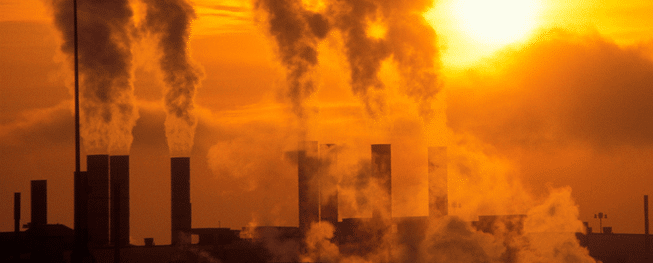Climate
Our time’s greatest challenge. That is what an increasing number of politicians, scientists as well as the media say about the climate crisis.

Almost no one claims that climate change is not man made. While the world is discussing how to deal with it, time passes and the temperature increases.
Some are seriously worried; others believe the whole thing is greatly exaggerated. Others choose not to deal with it. The climate has always been changing; the sceptics are right in that. The greenhouse gas concentration in the atmosphere has historically changed dramatically, and temperature fluctuations are natural. But the climate change we see today is different. Among other things, the CO² density in the atmosphere is now so great that it is beyond anything that has to do with natural variations. Researchers are, with greater and greater certainty, able to say that the changes we see now are man made and not natural.
In Norway, we see effects of climate change in species wandering north, glaciers melting, permafrost areas changing and the growing season extending. And this is just the beginning – yet the average temperature has only increased by 0.74 º C over the past 100 years. If the growth in the world’s CO² emissions continue in today’s stride, the planet may become 6 degrees warmer long before the turn of the century.
If we do nothing to reduce our emissions, the future scenarios are horrible. According to calculations, 20-30 percent of the planet’s species are likely to become extinct. In the African countries that are hardest hit, crops may be reduced by 50 percent by 2020, and 200 million Africans will most likely be exposed to water shortages.
Natural disasters and climate changes are also deeply unfair. Those who have contributed least to climate change are already dealing with the consequences. Countries that already have a deferred topography, such as very dry and very wet areas, will experience greater consequences than temperate areas. The richest of us also have an easier time adapting to climate change than those with fewer abilities and resources.
Our position
In order to solve the problem of climate change, we must change the social structures making fossil fuels necessary today. This means that we must convert to renewable energy, and that we have to develop and adopt new and clean technology.
As one of the richest countries in the world, Norway should be a driving force and a leading example of a low carbon society. We do this by reducing Norwegian greenhouse gas emissions to levels in line with requirements for the global temperature rise to not exceed 2 degrees Celsius. That means reducing Norwegian greenhouse gas emissions by at least 40 percent by 2020.
Norway must also show international climate solidarity by providing significant contributions to the development of low carbon societies in other parts of the world.
Contact: Holger Schlaupitz, hs@naturvernforbundet.no